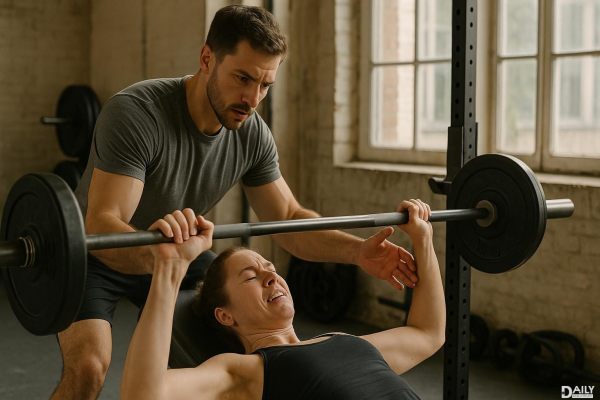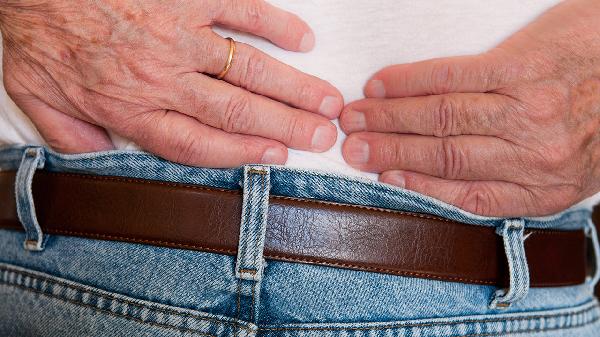Finding the perfect time to work out is like trying to choose between coffee and tea—both have their perks, but the best pick depends entirely on your vibe. Some people swear by the crack-of-dawn grind, while others thrive under the glow of the gym’s late-night fluorescents. The truth? There’s no universal “best” time—just what works for you. But if you’re stuck in decision paralysis, let’s break down the science, the sweat, and the psychology behind morning versus evening workouts so you can find your fitness sweet spot.
The Case for Morning Workouts
If you’re the type who wakes up ready to conquer the world (or at least your to-do list), morning workouts might be your golden ticket. Research suggests that early birds tend to stick to their routines better—probably because life’s chaos hasn’t derailed them yet. ACE-certified trainer Morgan Rees points out that morning exercise floods your system with endorphins, setting you up for a sharper, more productive day. Plus, knocking out your workout first thing means you’re less likely to bail when meetings pile up or happy hour calls. And here’s a bonus: A 2022 study found that women who exercised in the morning lost more abdominal fat than those who hit the gym later. Morning movement also kickstarts your metabolism, so you’re burning calories long after you’ve changed out of your leggings. ACSM-certified trainer Jess Rose McDowell adds that morning workouts give you a head start on muscle-building fuel, since you’ve got the whole day to refuel properly. But let’s be real—dragging yourself out of bed at 5 a.m. isn’t for everyone. If you’re not a natural early riser, forcing a sunrise sweat session might leave you more exhausted than energized. The key? Test it out. Try a week of AM workouts and see if your body (and your snooze button) cooperates.
Why Night Owls Might Prefer Evening Sweats
If your energy peaks when the sun dips, evening workouts could be your jam. NASM-certified trainer Sarah Pelc Graca notes that some people simply perform better later in the day—strength and endurance tend to peak in the afternoon, thanks to higher body temps and looser muscles. Plus, evening exercise lets you blow off steam from work, family drama, or whatever else the day threw at you. McDowell adds that nighttime workouts can actually improve sleep for some people by helping you decompress. Just be sure to wrap up at least two hours before bed—otherwise, those post-workout endorphins might leave you staring at the ceiling instead of snoozing. One downside? Evening gyms are often packed, and after a long day, it’s easier to talk yourself out of going. If you’re prone to skipping workouts when fatigue hits, scheduling them earlier might be smarter. But if you thrive under the energy of a bustling gym or love the post-workout high before winding down, nights could be your winner.
Consistency Trumps Perfect Timing
Here’s the real tea: The best workout time is the one you’ll actually stick to. Pelc Graca suggests experimenting—try mornings for a week, then evenings, and see which feels better for your energy, schedule, and sanity. If you’re a shift worker or parent with unpredictable days, flexibility is key. Maybe some days you squeeze in a lunchtime walk, others you crush a late-night Peloton ride. And if you miss a workout? Don’t sweat it (pun intended). McDowell emphasizes that rest is just as crucial as reps. Even 15 minutes of movement counts—whether it’s yoga, a walk, or dancing in your living room. The goal is to build a sustainable habit, not punish yourself for not fitting into some idealized routine. So, morning or night? The answer’s simple: Whatever keeps you moving. Because the best workout isn’t the one done at the “perfect” time—it’s the one you actually do.
At the end of the day (or the start of it), fitness isn’t about rigid rules—it’s about finding what fuels you, both physically and mentally. Whether you’re a sunrise sprinter or a midnight lifter, the real win is showing up for yourself, one rep (or nap) at a time.
























